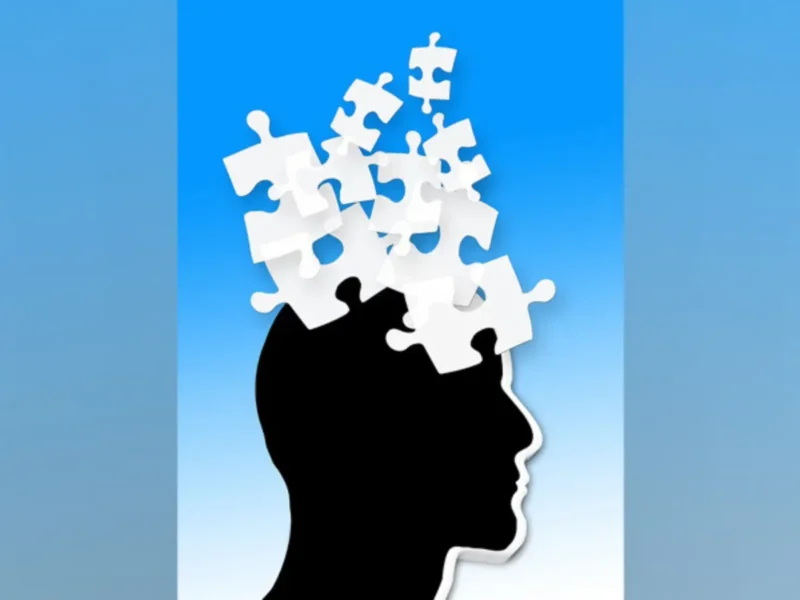
Stopping The Stigma Of Alzheimer’s In The South Asian Community
Photo: National Institute On Aging
By Payal Sawhney, Founding Executive Director, Saahas for Cause
In my culture, we believe in karma. The belief is largely shared within the South Asian community. Because karma says that the sum of our past actions can be the cause of our current situation, it leads us to blame ourselves when something bad happens. This is one of the reasons why diseases like Alzheimer’s and related dementias (ADRDs) are so stigmatized within our community – somehow, they are our own karma. To start shifting this cultural perspective, we need to provide resources and information to our community about what Alzheimer’s disease is, why it happens, what the signs are, and that a diagnosis is not anyone’s fault.
Alzheimer’s is now the second leading cause of death in California. Currently, more than 690,000 individuals across the state are living with Alzheimer’s, and that number is projected to double by 2040.1, 2, 3. This is why the California Department of Public Health’s Take on Alzheimer’s media campaign is crucial to our current and future aging population. This campaign is the first-ever statewide campaign of its kind aiming to drive behavior change by educating Californians about the prevalence of Alzheimer’s, and to provide easy and accessible informational resources to better understand relevant risk factors, combat fear and stigma and improve overall brain health.
It is not uncommon for conversations around diabetes, obesity, and heart attacks to be held openly in social settings, but there’s rarely conversations about mental health, brain health, or the impact or risk these can have for developing Alzheimer’s. When it comes to health, many South Asians ignore anything above the neck and don’t consider the brain an important part of the body. The South Asian community is also very resistant to preventive medicine and will ignore signs and symptoms because they don’t want to hear a clinical explanation.
I want our community to know that there is no shame in receiving a diagnosis of ADRDs. That is one of the key messages of the Take on Alzheimer’s campaign, and we hope it leads to more screening and early detection. The earlier ADRDs are diagnosed, the greater chance someone has to improve or extend their overall quality of life while managing their condition, which is also helpful for loved ones with the disease, their family, and their caregivers.
However, stigma plays a large role in preventing people from getting screened early and receiving a diagnosis. Even families feel it is a huge stigma to have a family member suffering from a brain issue. It is important to educate our South Asian Community to help them understand that the sooner you take action to address ADRDs with your loved one and their healthcare provider, the better position you are in to provide the attention and care they need and the more time you have to plan ahead.
After a diagnosis, our older adults are at high risk of being depressed which is why educating those living with Alzheimer’s and their family members is crucial. There is a huge need for communities like ours to create social settings that stimulate the brain because if older adults with Alzheimer’s are left isolated, we know that the disease can progress even faster. Saahas for Cause provides this through older adult wellness groups that focus on physical, mental, financial, and spiritual health. Called Mauj Masti Sehat (which means fun, relaxation, and health in Hindi), we work to incorporate all three of these elements with every session, carefully curated by professors, psychologists, and social workers.
A senior that has attended these sessions asked one day if it was okay to bring his wife next time. He eventually shared that he suspected his wife was showing signs of Alzheimer’s. When she started coming to the group, we learned she was eligible to become a U.S. citizen years ago but because of her memory issues she never applied. This was a big misunderstanding because there are provisions for people with cognitive impairment and memory issues and our staff were able to walk her through the process to help her obtain her citizenship. There is so much information that people don’t know because they are afraid to ask. It not only took a long time for her husband to bring her along, but he also felt like he needed to ask for permission to do so. That’s the intensity of stigma.
We need to talk more about these issues connected to our brain health to help break the stigma. To learn more and to understand ways to reduce risk, support others, and take charge of brain health, visit TakeonALZ.com.
1. CDPH “California State of Public Health, Full Report 2024”
2. Alzheimer’s Association | Northern California and Northern Nevada Chapter




